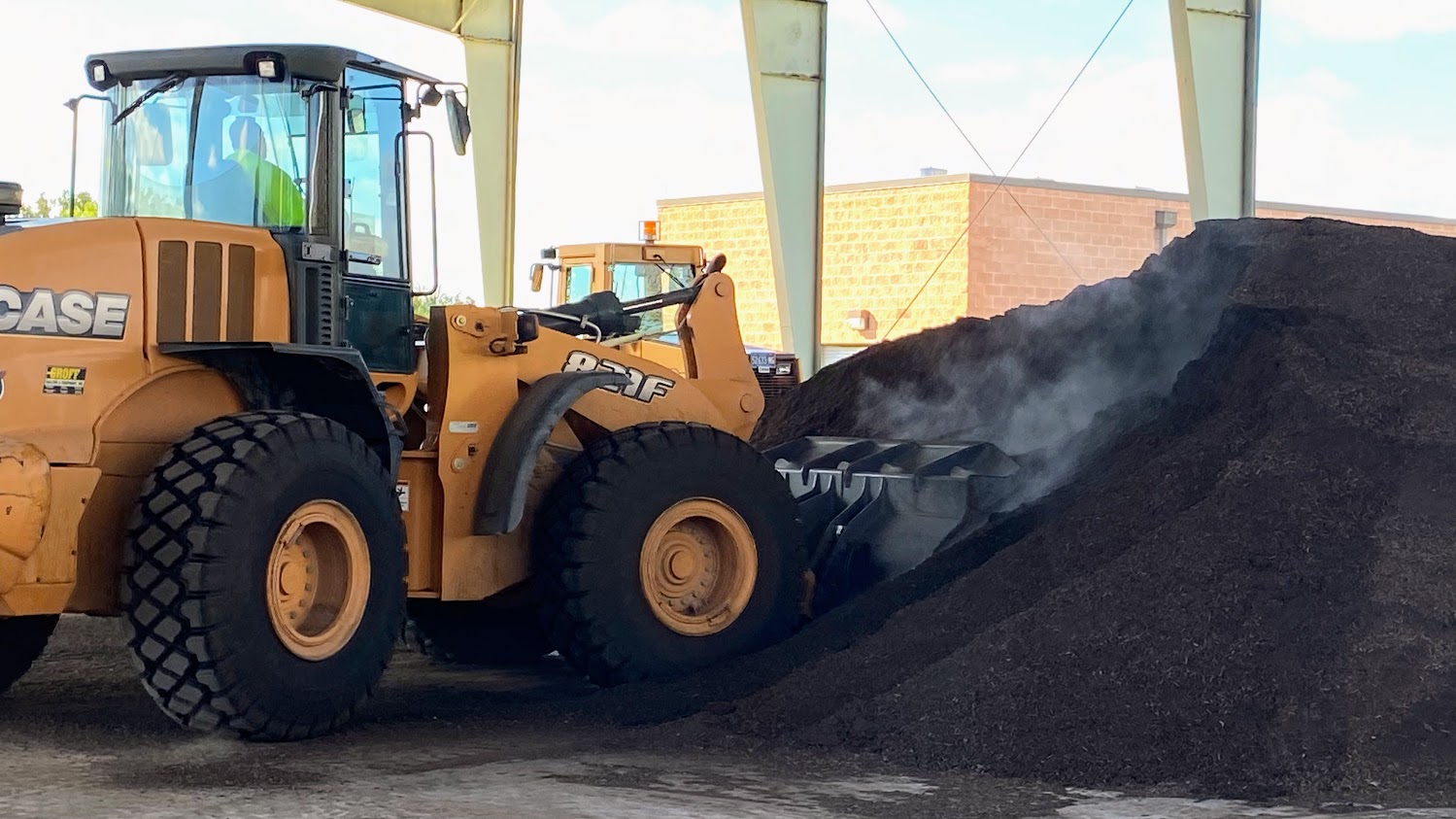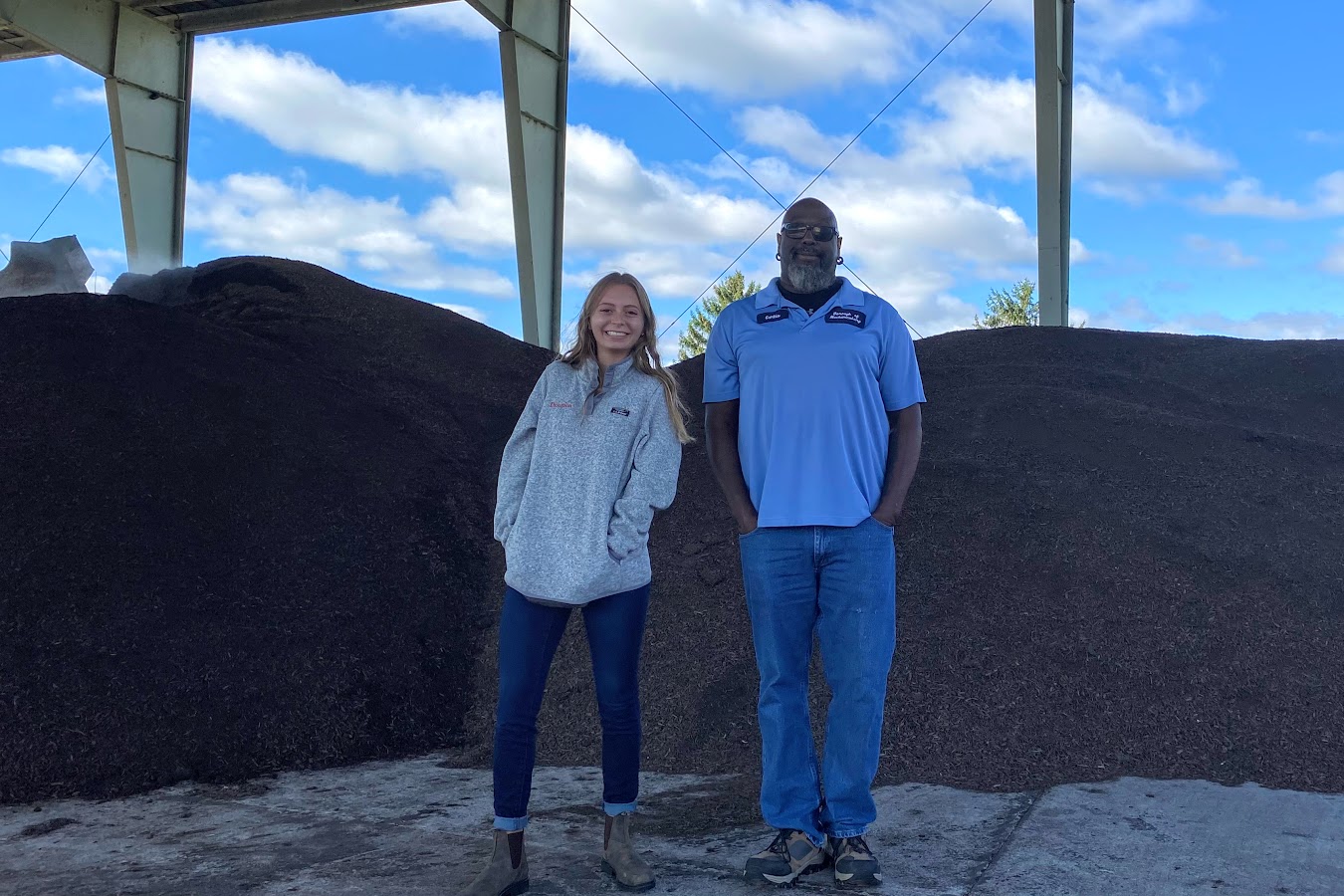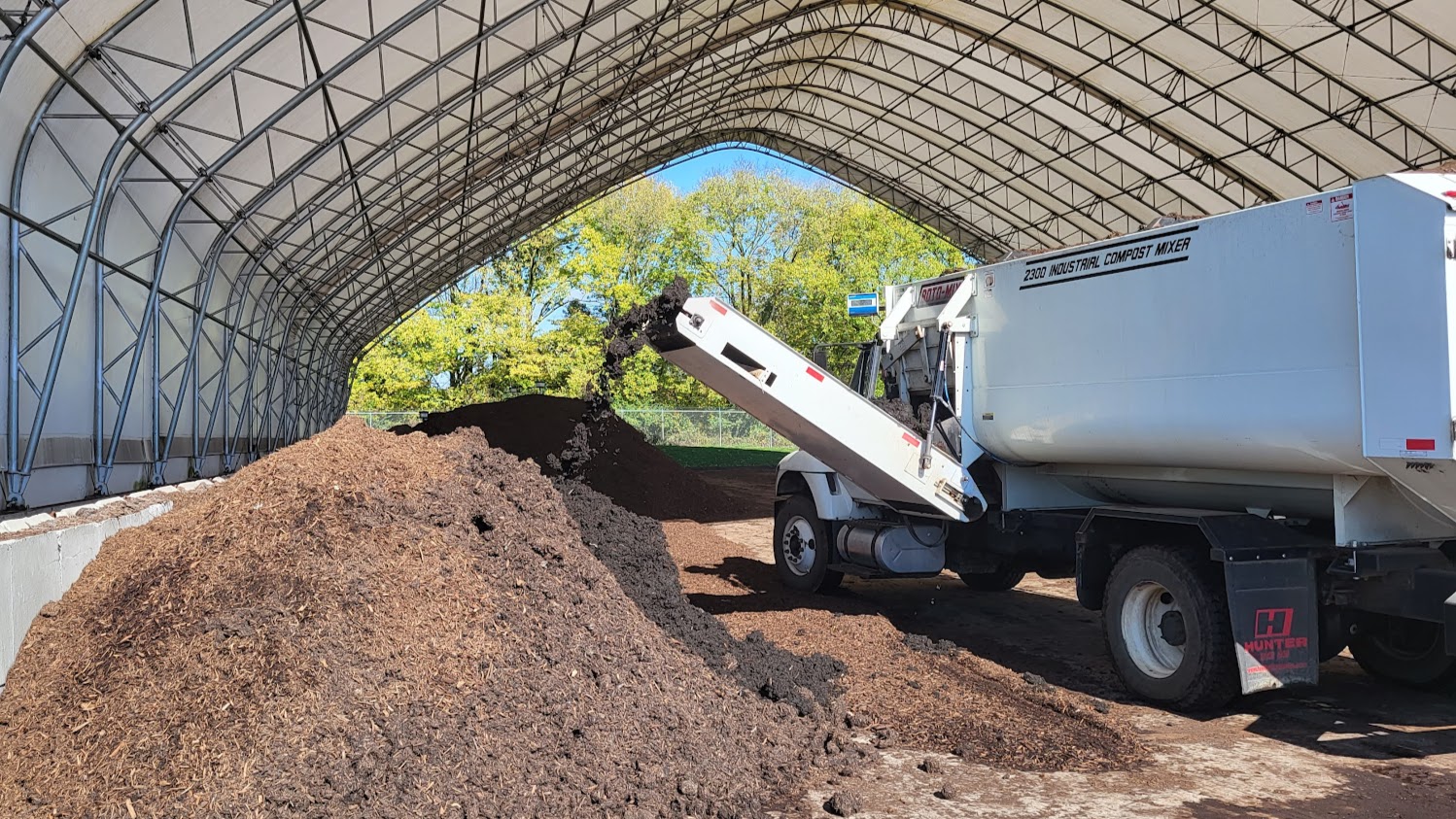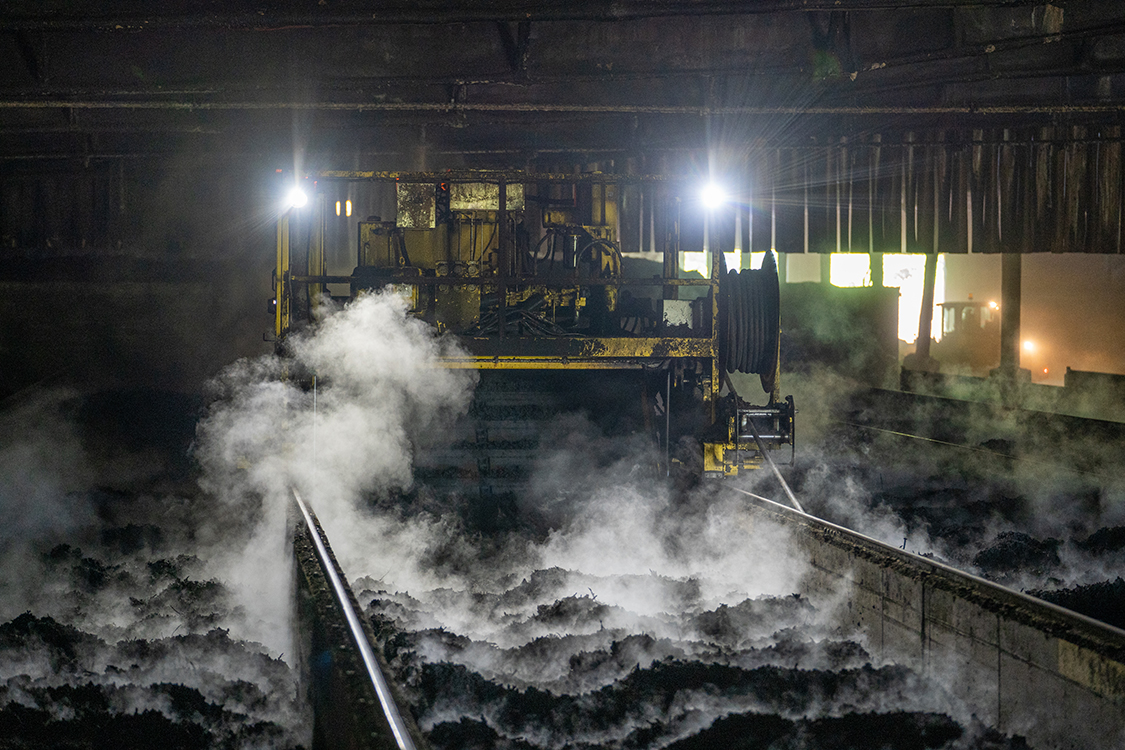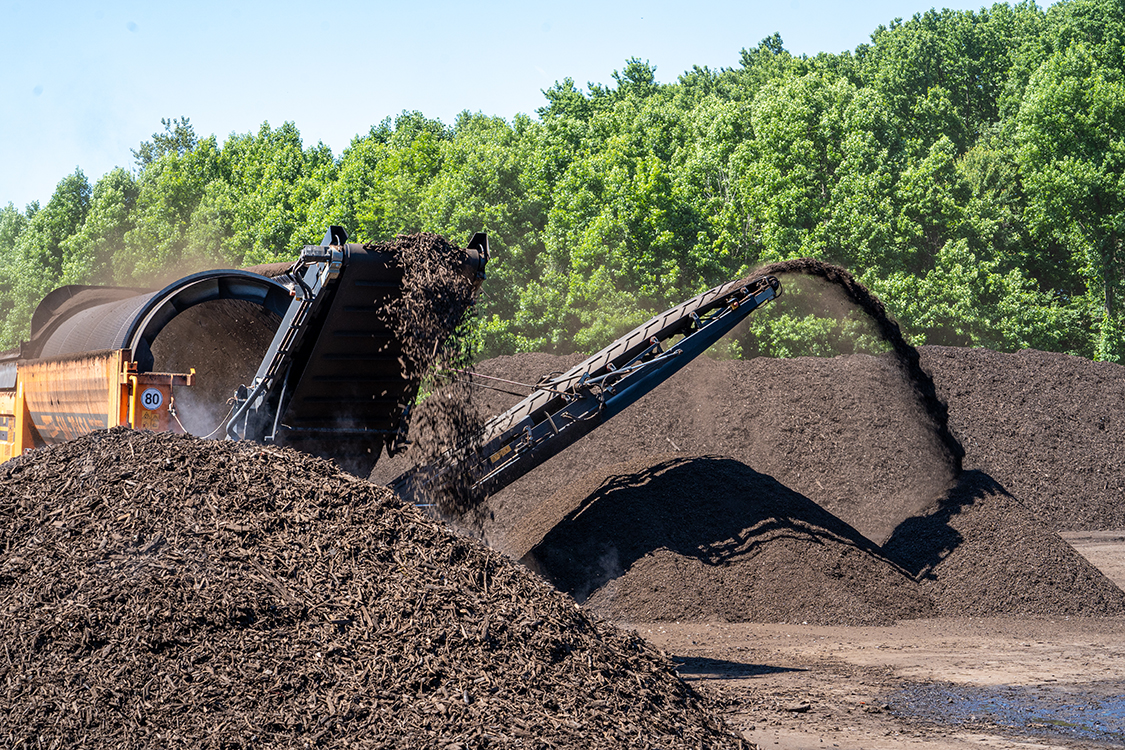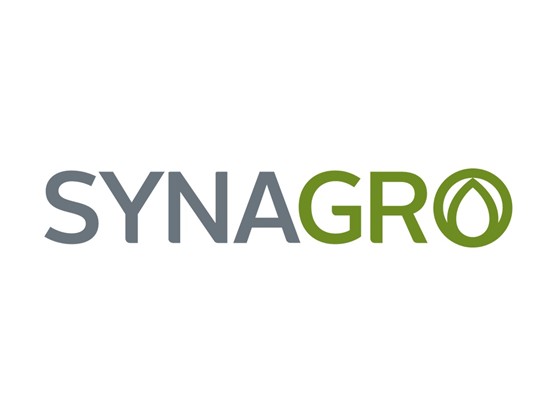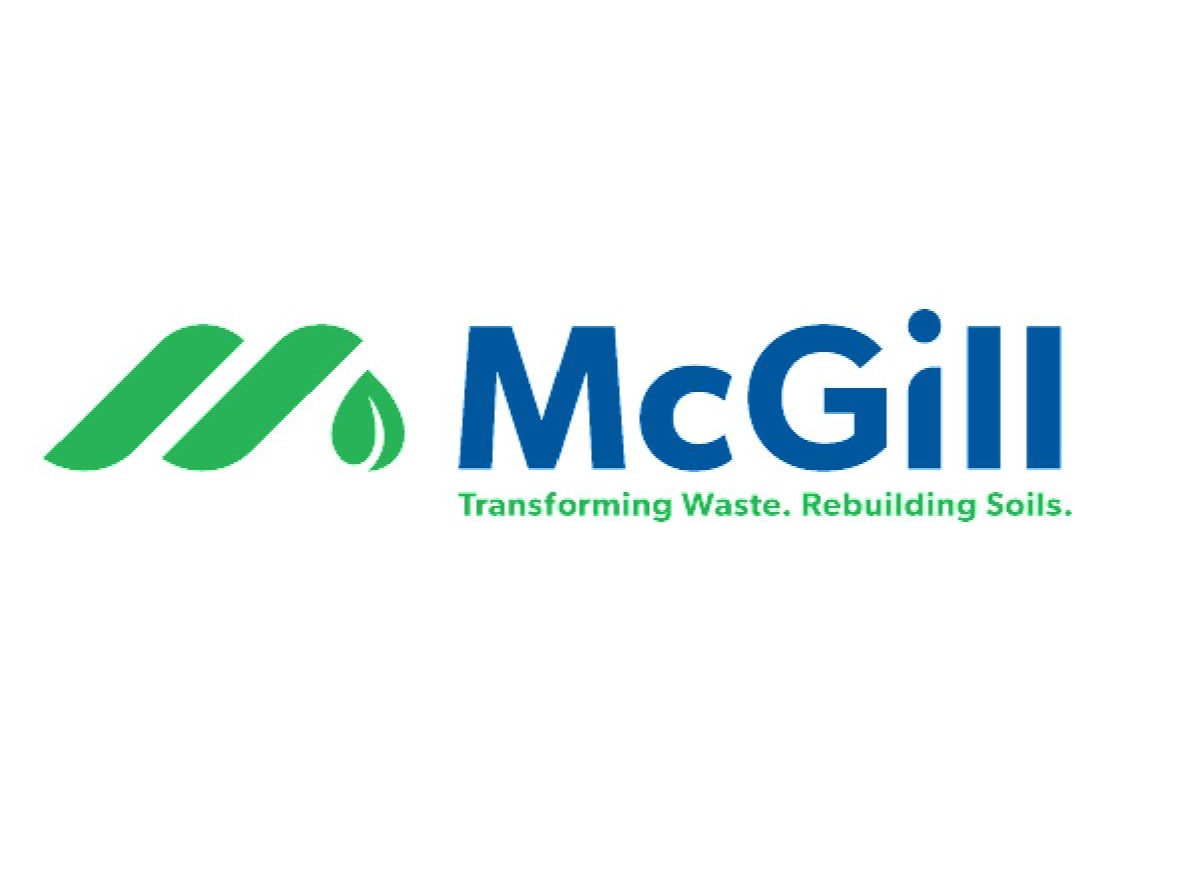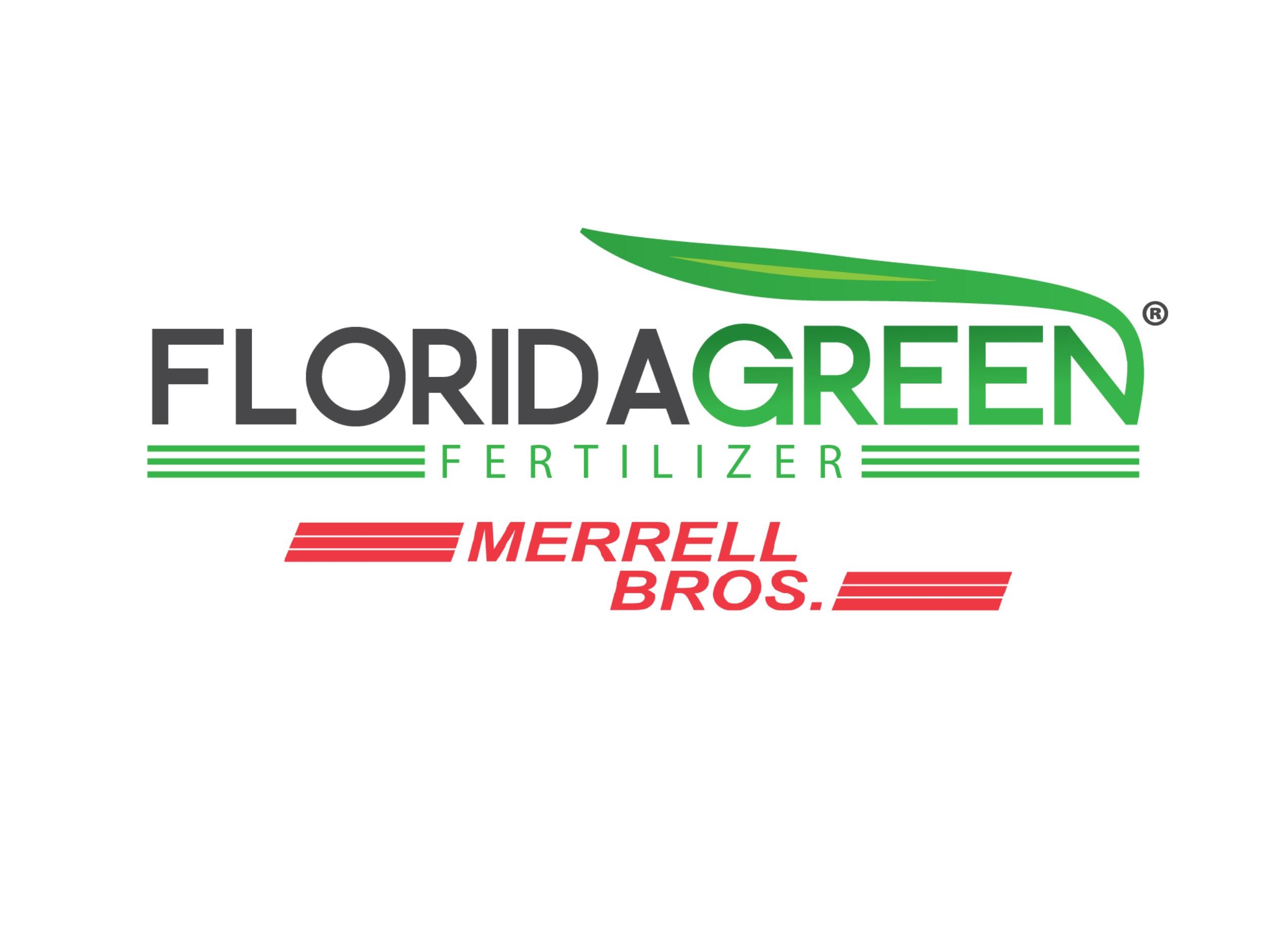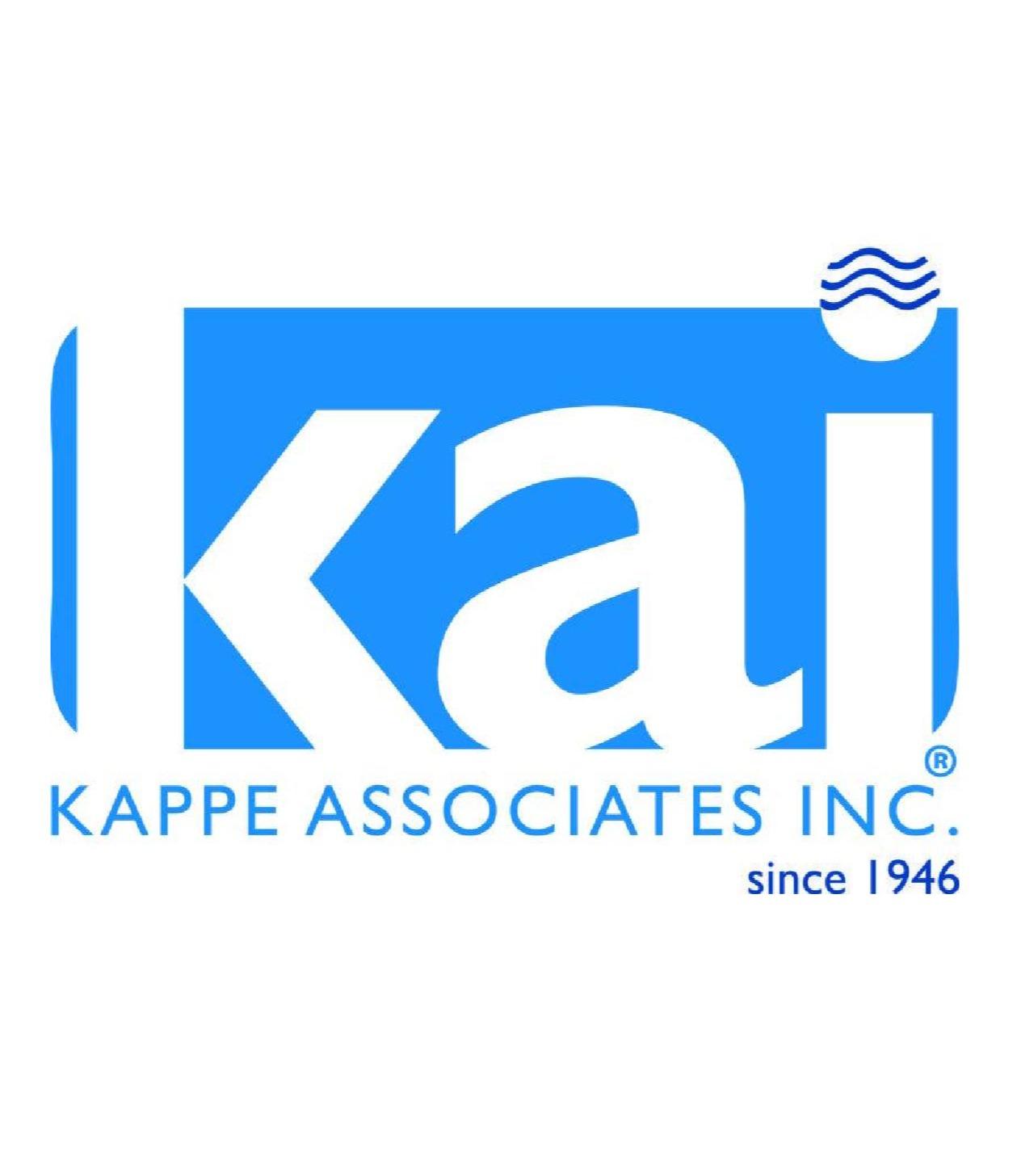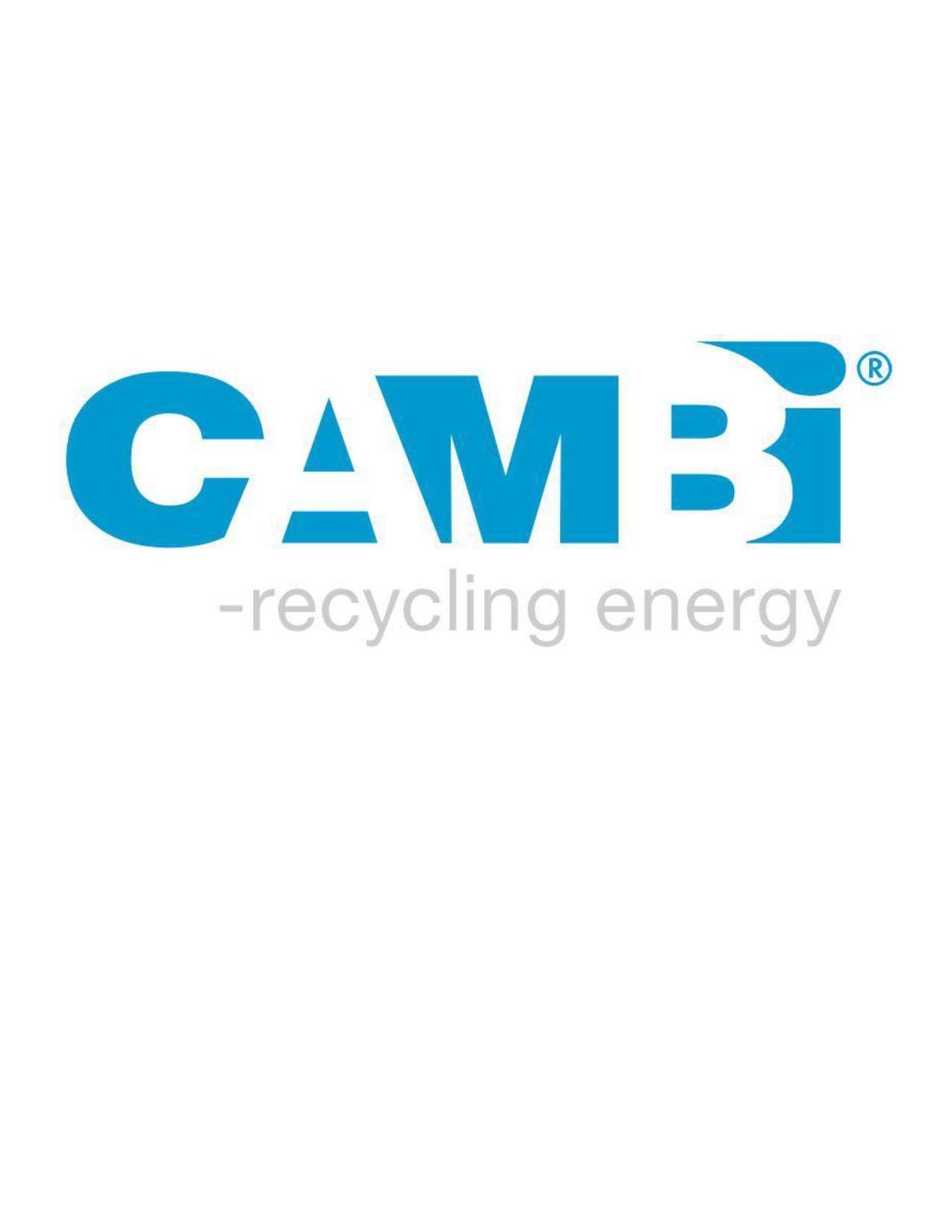|
August 2022 - MABA Member Spotlight featuring Denali
Farmers welcome biosolids amid high input prices
Recycled wastewater residuals help ag producers stay in business in Eastern Pennsylvania.
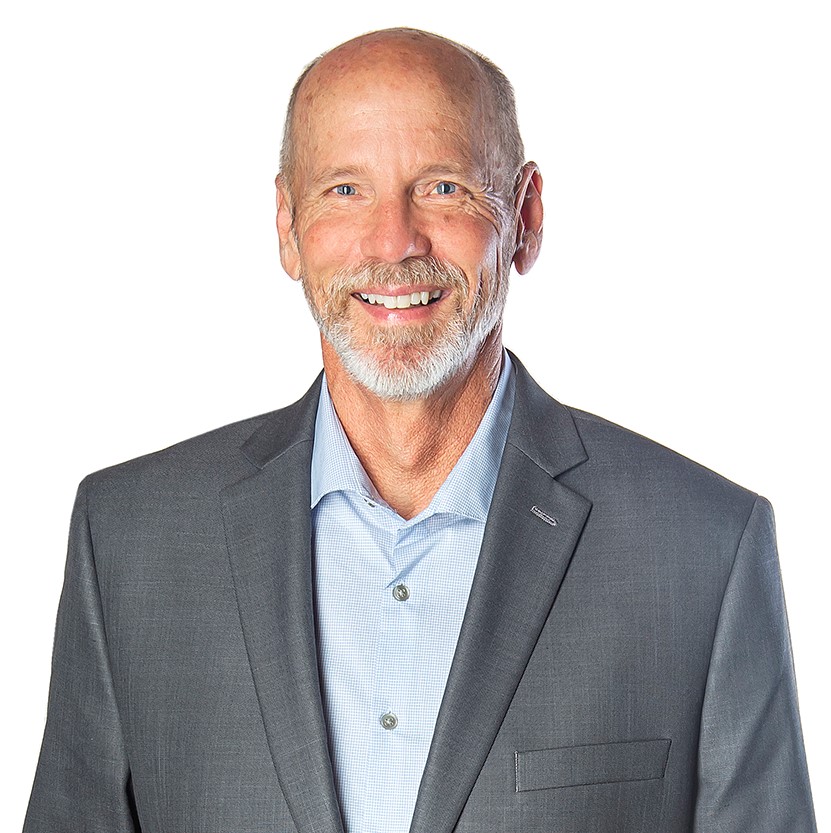
Tim Chronister, a land manager with Denali, said he is glad to be part of the solution to farmer’s supply chain problems. (courtesy of Denali)
Having grown up on a 100-acre dairy farm, Tim Chronister knows what it takes to care for animals and the food they eat. Tim has lived in York County, Pennsylvania, for most of his life. It’s a gently rolling country divided into hay fields, row crops and stands of hardwoods.
Chronister, a land manager with the organic waste management company Denali, knows more than most what keeps this part of the state fertile and agriculturally productive: hardworking farmers, fertilizer and, increasingly, biosolids.
Biosolids – the processed residuals from water resource recovery facilities – contain many nutrients needed by plants. Since biosolids are an organic source of nutrients, they release more slowly into the soil, building soil structure and sequestering carbon. Some biosolids are treated with lime, helping to maintain proper soil pH. Additionally, because water resource recovery facilities are eager to dispose of the material, farmers often receive biosolids for free or at low costs. That’s a good deal for farmers.
This good deal has gotten even better as the costs of conventional fertilizers, like synthetic nitrogen and limestone, have skyrocketed. Fertilizer price indexes hit an all-time high this spring as farmers prepared to plant. One form of nitrogen fertilizer – urea – has doubled in price since the start of the COVID pandemic. The shortage means some farmers had difficulty securing all the fertilizer they needed, forcing them to make do with less. High diesel prices and scarce equipment parts have made things worse.
Chronister said he’s glad to have a solution to farmers’ mounting woes.
“Never in all my years of working in biosolids have I seen anything like this,” Chronister said of the demand from farmers for biosolids.
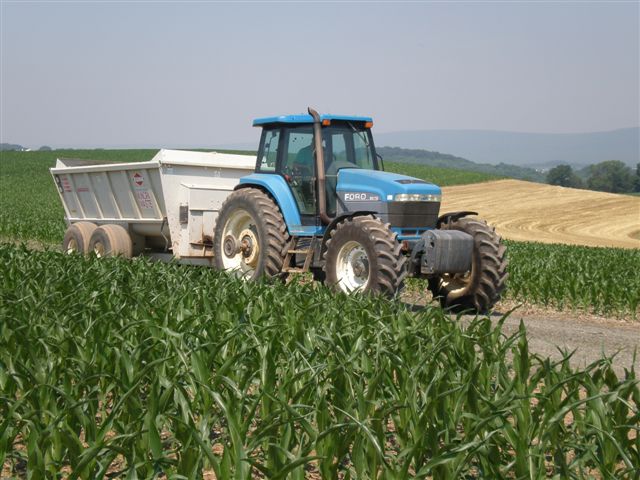
A tractor hauls a spreader loaded with biosolids to a farm field in Eastern Pennsylvania. (Courtesy of Denali)
Chronister got his start in biosolids while still in high school. As a senior, he began working part-time at his town’s water resource recovery facility. He stayed on after graduation, becoming a certified operator and spreading the plant’s biosolids on neighboring farms. Eventually, Chronister went to work for the biosolids management company Jesse Baro LLC, which Denali acquired in 2021.
Chronister now spends his days working with an extensive network of farmers who take biosolids that have undergone different levels of treatment. Some of the biosolids have been lime stabilized, adding to their agronomic value.
Amid these strange economic times, Chronister has seen some unusual requests from farmers. Fertilizer prices are projected to rise even higher in 2023. To make sure they have sufficient soil amendments on hand, some farmers have begun asking Chronister to deliver biosolids to their farms well in advance of the next planting.
Water resource recovery facilities never stop producing biosolids. Yet in the summer months farm fields cannot accept the material because crops are growing. Summer is typically the most difficult time for Chronister to find land for biosolids application.
But this summer, Chronister has had farmers ask him to deliver biosolids anytime he can, reserving space on their land to store the material. For them, the recycled organic residuals are a form of insurance for next year’s crop.
“Really, farmers are looking for a way they can just survive this situation,” Chronister said. “A valuable resource like biosolids should be put to good use, not put in a landfill.”
For additional information, contact Stefan Weaver, Senior Environmental Manager, Denali, at 717-990-9496 or [email protected].
|

